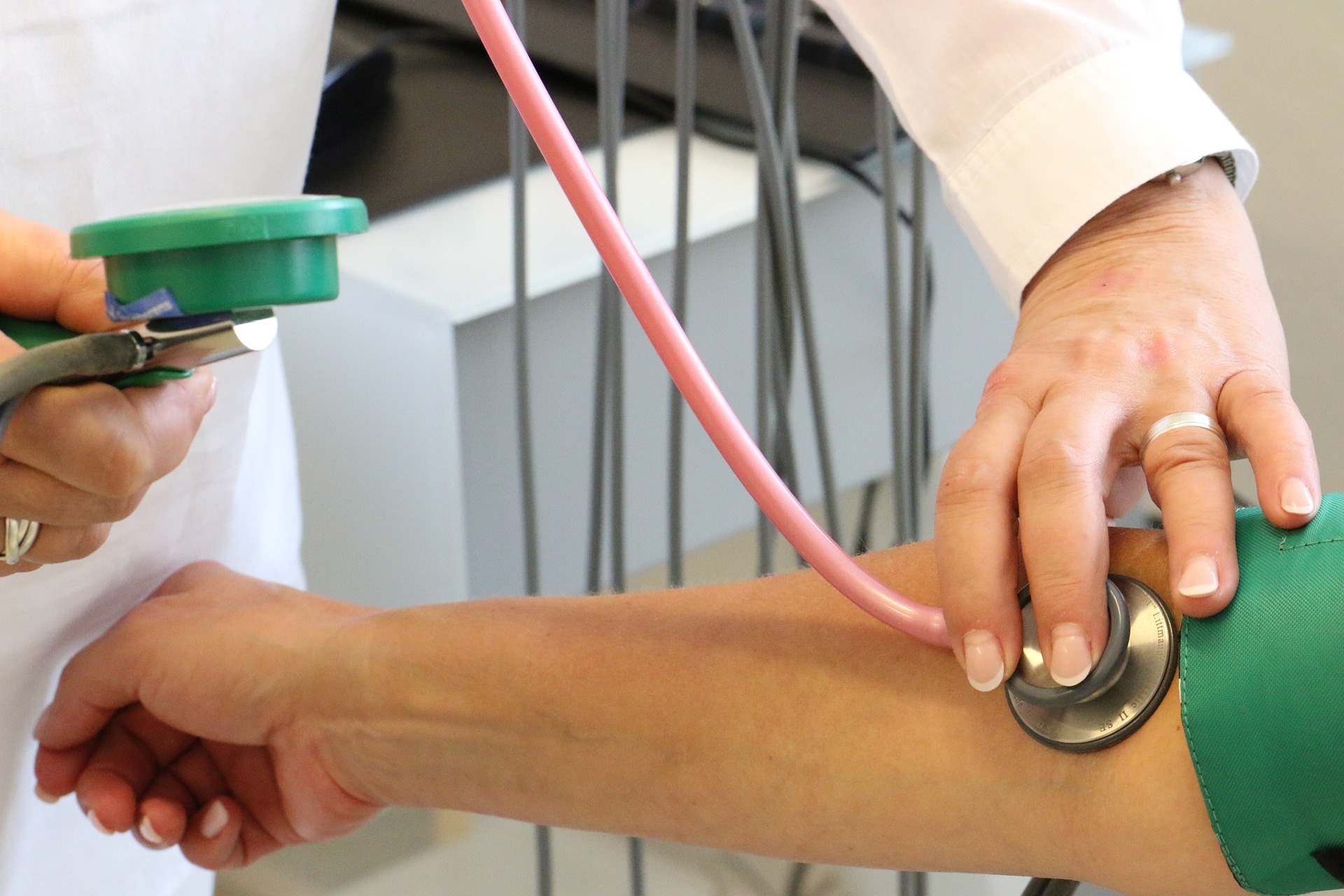24/7 Nurse: Essential Healthcare Heroes
In the ever-evolving landscape of healthcare, 24/7 nurses play a crucial role in providing round-the-clock care and support to patients in various settings. These dedicated professionals are the backbone of hospitals, nursing homes, and other healthcare facilities, ensuring that patients receive continuous care and attention regardless of the time of day or night. This article delves into the world of 24/7 nursing, exploring the responsibilities, challenges, and rewards of this demanding yet essential profession.
How Does 24/7 Nursing Impact Patient Care?
The presence of 24/7 nurses significantly improves patient outcomes and overall healthcare quality. By providing continuous monitoring and care, these nurses can quickly identify and respond to changes in a patient’s condition, potentially preventing complications or catching early signs of deterioration. This constant vigilance is particularly crucial for critically ill patients or those recovering from surgeries. Moreover, 24/7 nursing care offers patients and their families peace of mind, knowing that professional help is always available at any hour.
What Are the Challenges of 24/7 Nursing?
Working as a 24/7 nurse comes with its own set of challenges. The irregular work hours can disrupt sleep patterns and personal life, potentially leading to fatigue and burnout. Nurses working night shifts may face difficulties in maintaining a healthy work-life balance and may experience physical and emotional stress. Additionally, the demanding nature of the job, which often involves handling emergency situations and making critical decisions under pressure, can be mentally and physically taxing.
What Qualifications Are Required for 24/7 Nursing?
To become a 24/7 nurse, individuals must first complete a nursing program and obtain licensure as a registered nurse (RN) or licensed practical nurse (LPN). This typically involves earning an associate’s or bachelor’s degree in nursing and passing the National Council Licensure Examination (NCLEX). Many healthcare facilities also require additional certifications in specialized areas such as critical care or emergency nursing. Continuous education and training are often necessary to stay updated with the latest medical advancements and protocols.
How Much Do 24/7 Nurses Earn?
The salary of a 24/7 nurse can vary significantly based on factors such as experience, location, and specialization. According to recent data, the average annual salary for registered nurses in the United States ranges from $60,000 to $100,000. However, nurses working night shifts or in high-demand specialties may earn additional compensation through shift differentials or bonuses.
| Position | Average Annual Salary | Additional Benefits |
|---|---|---|
| Staff Nurse (Day Shift) | $65,000 - $85,000 | Health insurance, retirement plans |
| Staff Nurse (Night Shift) | $70,000 - $90,000 | Shift differential, extended time off |
| Specialized Nurse (e.g., ICU, ER) | $75,000 - $100,000+ | Advanced training opportunities, higher pay scale |
Prices, rates, or cost estimates mentioned in this article are based on the latest available information but may change over time. Independent research is advised before making financial decisions.
Where Do 24/7 Nurses Work?
24/7 nurses are employed in various healthcare settings that require continuous patient care. Hospitals are the primary employers, with nurses working in different departments such as emergency rooms, intensive care units, and medical-surgical floors. Other common workplaces include long-term care facilities, rehabilitation centers, and specialty clinics. Some 24/7 nurses also work in home healthcare settings, providing round-the-clock care for patients with chronic conditions or those recovering from surgeries.
The role of 24/7 nurses is indispensable in the healthcare industry. These dedicated professionals ensure that patients receive continuous, high-quality care regardless of the time of day or night. While the job can be challenging, it offers a rewarding career path for those passionate about making a difference in patients’ lives. As healthcare continues to evolve, the demand for skilled 24/7 nurses is likely to grow, making it an attractive career option for those entering the nursing profession.
This article is for informational purposes only and should not be considered medical advice. Please consult a qualified healthcare professional for personalized guidance and treatment.







